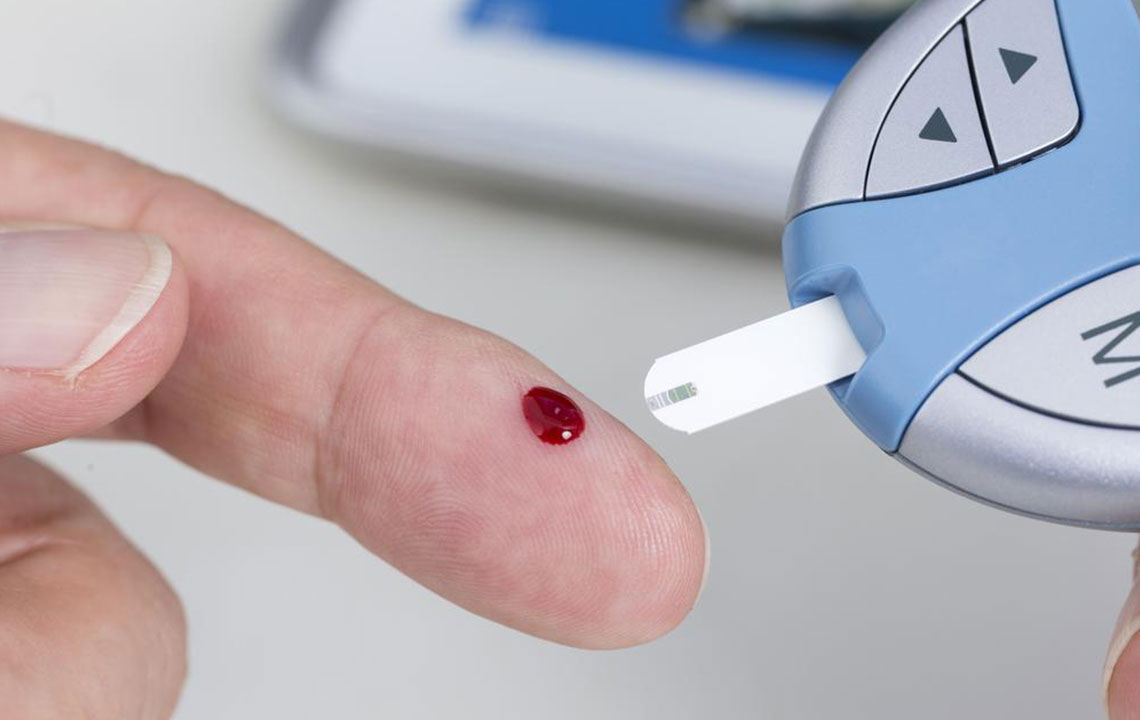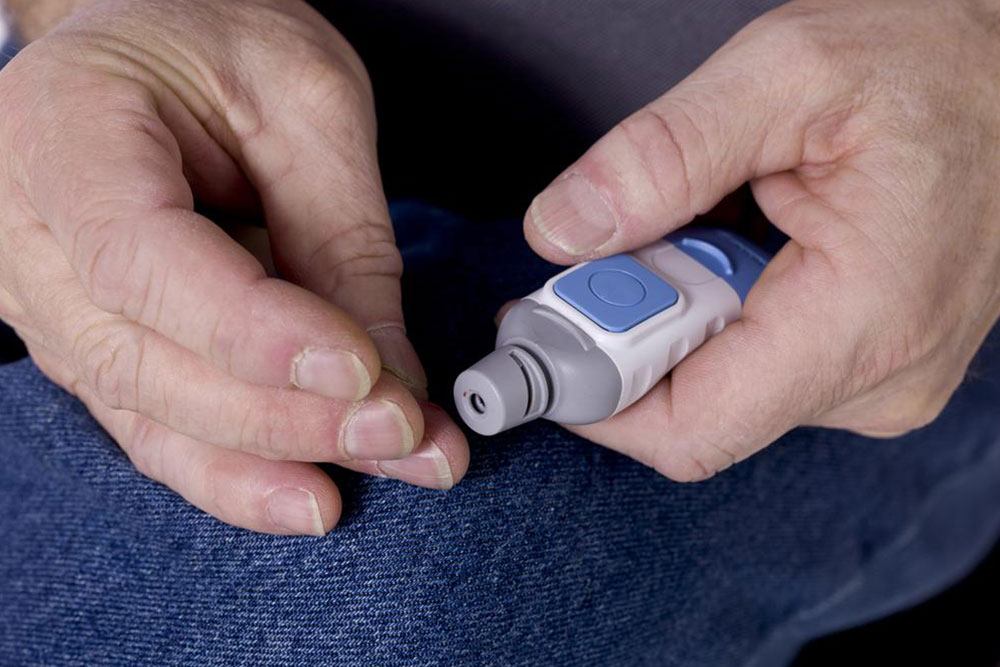Effective Strategies to Reduce Your A1C Levels and Manage Diabetes
Learn effective methods to reduce A1C levels and manage diabetes through lifestyle changes, balanced diet, regular exercise, and proper hydration. Early intervention and consistent habits are key to controlling blood sugar and improving overall health.

Discover practical strategies to lower your A1C levels and manage diabetes effectively
Modern lifestyles and intense work schedules often compromise our health. While obesity and hormonal imbalances are common, irregular blood sugar levels are increasingly prevalent among adults and younger populations alike. Recent medical studies show a rising incidence of type 2 diabetes worldwide. Since this condition affects individuals regardless of age or gender, many seek effective methods to reduce their A1C levels. The A1C test reveals average blood sugar over the past two to three months, providing valuable insights beyond daily measurements.
Changing your diet for just a week may not significantly lower A1C levels. By incorporating some straightforward lifestyle adjustments, you can take meaningful steps toward better glucose control. Below are essential tips to help manage your blood sugar and reduce A1C:
Maintain Mealtime Discipline – Consistent eating schedules are crucial for managing diabetes. Avoid skipping breakfast or any meals, as irregular fasting can cause blood sugar spikes. Regular, timed meals keep blood glucose levels stable and support overall health.
Follow a Nutritious Balance – A well-rounded diet, rich in carbohydrates, proteins, vitamins, and minerals, is vital. Consult a nutritionist to develop a personalized meal plan, and monitor portion sizes carefully to prevent overeating, which can worsen glucose control.
Incorporate Fruits Daily – Include fruits like berries, grapes, and cranberries in your meals. These fruits are beneficial for managing diabetes and promoting heart health due to their antioxidant content.
Avoid Junk Food – Processed snacks, sweets, sodas, and fast foods are detrimental, as they can cause rapid blood sugar increases. Limiting these can help stabilize your levels and improve your health.
Keep Ready-to-Consume Diabetic Products – For busy days, keep diabetes-friendly shakes and bars handy. These options provide balanced nutrition without irregular spikes in blood sugar.
Switch to Green Tea – Replacing sugary beverages with green tea may assist in controlling blood sugar and enhancing insulin sensitivity, contributing to better diabetes management.
Stay Hydrated – Proper hydration aids in avoiding dehydration caused by frequent urination, a common symptom of diabetes. Drinking sufficient water also supports lowering A1C levels.
Manage Your Weight – Excess weight exacerbates diabetic conditions. Aim for a healthy BMI through diet and exercise to positively influence blood sugar levels.
Exercise Regularly – Incorporate physical activity like brisk walking, yoga, or simple workouts into your daily routine. Regular exercise improves insulin function and helps maintain optimal glucose levels.
Although diabetes is a lifelong condition, early diagnosis and consistent management can control symptoms effectively. Reduce stress and monitor blood sugar periodically for better results. Follow these practical tips to lower your A1C and lead a healthier life.
Note: Our blog provides diverse, researched information to help readers gain insights. However, content should not replace professional medical advice. The website is not responsible for discrepancies or inaccuracies in external data or offers.










